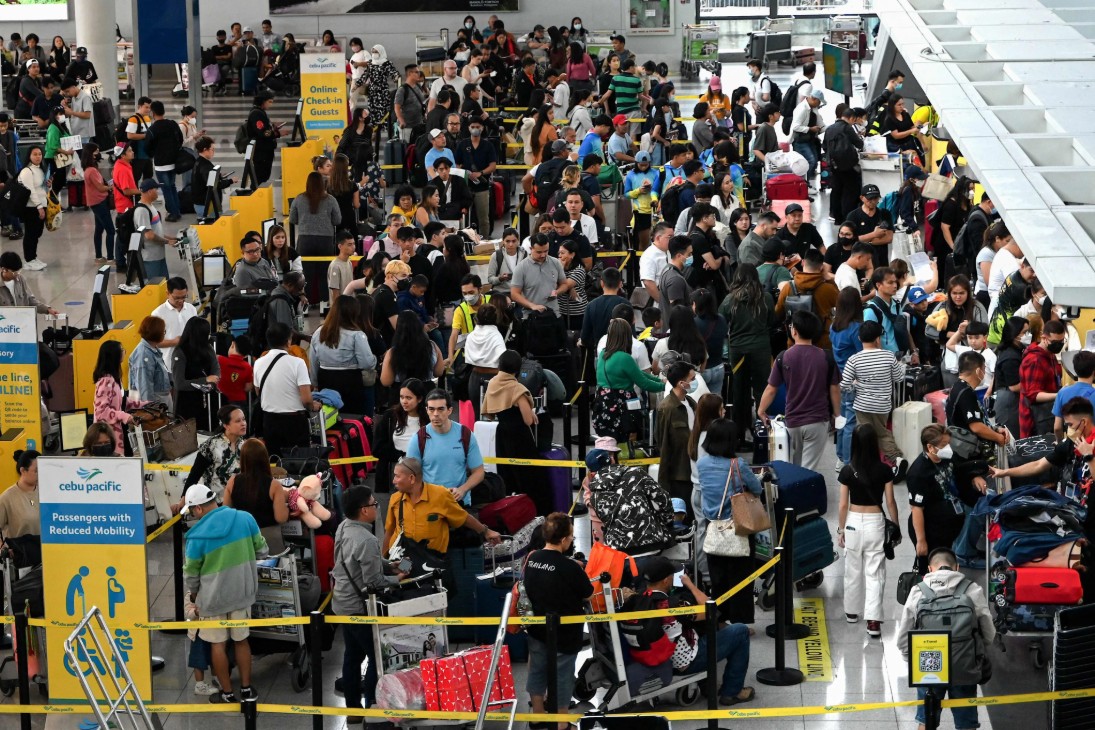Four leading environmental and human rights groups - Amnesty International UK, Friends of the Earth, Greenpeace and Liberty - launched a nationwide advertising campaign to stand up for the right to protest.
The campaign features videos of real protesters on a range of issues holding placards that say; ‘I’m protesting in here to avoid arrest out there’. One of the campaign’s three city centre locations is in Birmingham, with ten double-sided digital billboards on Corporation Street, High Street, Hill Street, Navigation Street, New Street, Smallbrook Queensway and Union Street.
The protesters appear on digital billboards clustered in popular shopping areas in London, Birmingham and Manchester, given free to the campaign as the prize in Ocean Outdoor’s annual Digital Creative Competition. Digital special effects by creative agency ‘elvis’ make the protesters appear to be present on the street, like a virtual protest march.
They each represent a different cause including disability rights, Gaza, climate change, anti-Black racism, plastic pollution and the campaign to keep the NHS public. Andrew McParland, a climate activist from Birmingham featuring in the campaign who is also a board member of Greenpeace UK, said: “I’ve been taking part in protests to try to protect our climate for decades.
“It’s obvious to me there’s been a dramatic shift in recent years in the way successive governments have moved from trying to restrain the most disruptive protests to demonising the idea of protesting at all. These figures on arrests and charges make me wonder if it’s linked to more and more obvious climate impacts hitting the UK and the big increase in public concern from around 2019.
“If that’s the case, a much better way to keep a lid on public anger would be to listen to their concerns.” The campaign launches as new research by Greenpeace indicates that the Metropolitan Police have regularly arrested protesters when there is an extremely low chance of them ever being charged.
Officers made more than 600 arrests in London over the last six years for conspiracy to cause public nuisance but only 18 of them (2.8%) resulted in charges. The research also showed an almost tenfold rise in the number of arrests in the capital since 2019, when environmental protests became widespread.
These numbers support the belief, widespread amongst activists and protesters, that the police are abusing this offence and other anti-protest laws to remove and intimidate peaceful protesters. Greenpeace used Freedom of Information requests to find out how many people were arrested between 2012 and March 2025 on suspicion of conspiracy to cause a public nuisance - an offence under the Police, Crime, Sentencing and Courts Act 2022 that is frequently used by the police to clear protesters from the streets.
West Midlands Police did not respond to the FoI requests!
Areeba Hamid, co-executive director of Greenpeace UK said: “The fact that police are routinely dragging protesters off the streets for a crime they almost always fail to charge them with amounts to an abuse of their powers and an assault on the right to protest. Arresting law-abiding people because they’re politically inconvenient is a frightening development in any democracy and is a direct result of the government’s instinct to shut down free speech and prevent people standing up for issues they care deeply about.”
Researchers at Greenpeace asked the Metropolitan Police to provide data on arrests and charges for public nuisance offences between 2012 and March 2025. They found there had been 67 arrests and 8 charges for conspiring to cause a public nuisance between 2012 and the end of 2018, compared with 638 arrests and 18 charges since 2019, equating to an almost tenfold increase in arrests.
The rate of arrests resulting in charges also dropped from around 12% to below 3%. The sharp increase in 2019 happened around the same time that Extinction Rebellion and Fridays for Future brought thousands of people onto the streets of London to protest against the lack of action to tackle climate change.
Since then, successive governments have passed additional anti-protest laws giving police officers a wider range of offences to choose from, many carrying lengthy custodial sentences, resulting in hundreds of protesters being arrested and some being handed record prison sentences of up to five years. Greenpeace and the other groups are calling on the Home Secretary to restore people’s right to make their voices heard on issues they care about by reversing anti-protest measures in two key pieces of legislation passed since 2022.
They are also asking ministers to strike out protest clauses in the Crime and Policing Bill currently making its way through parliament.











